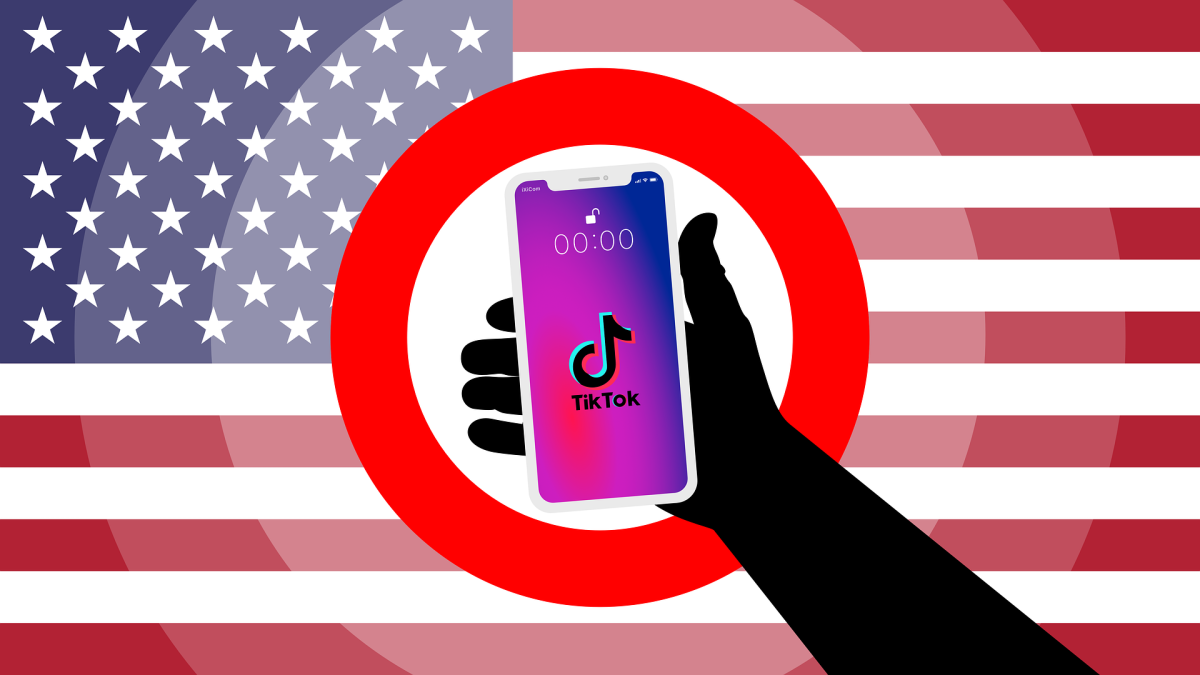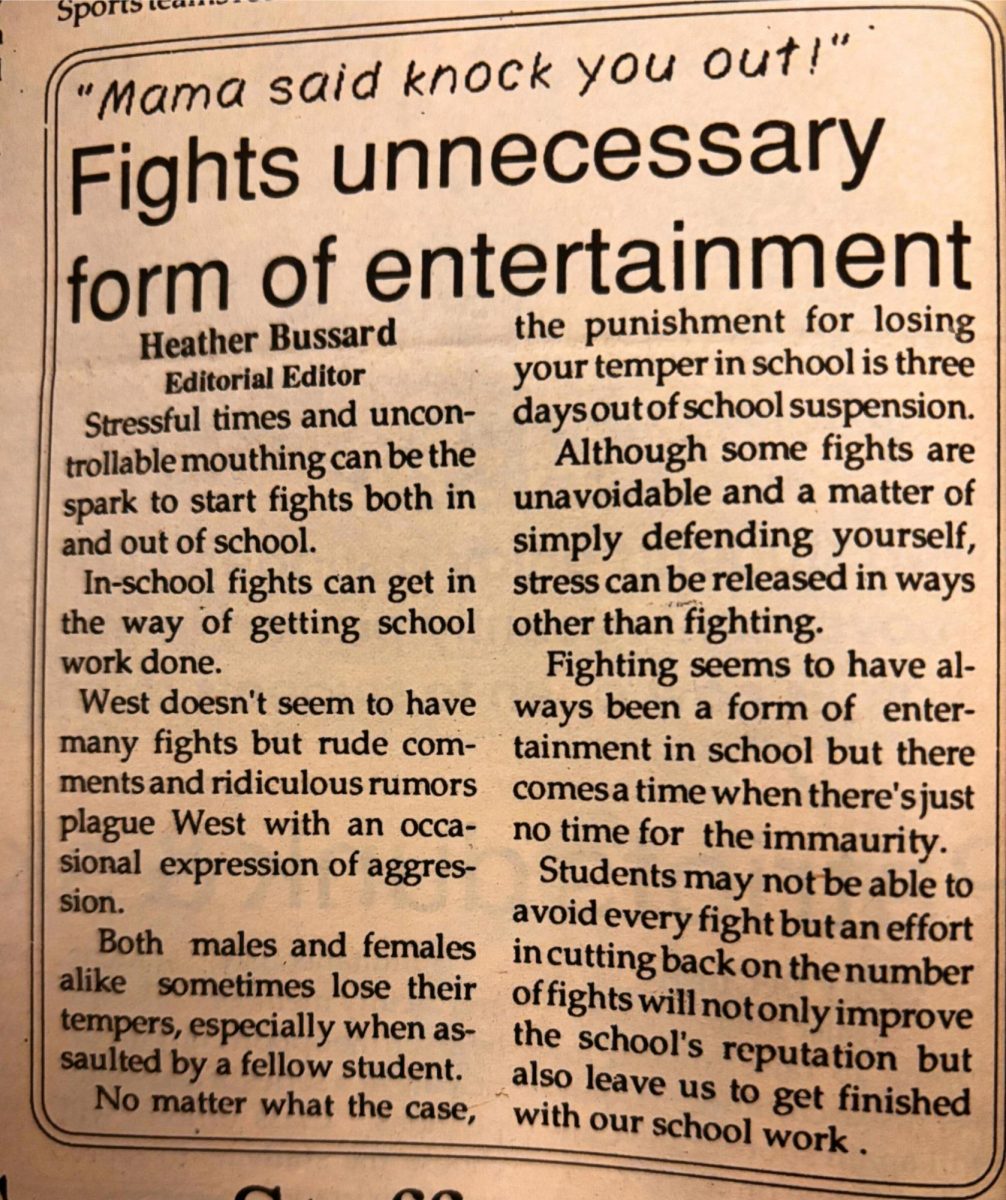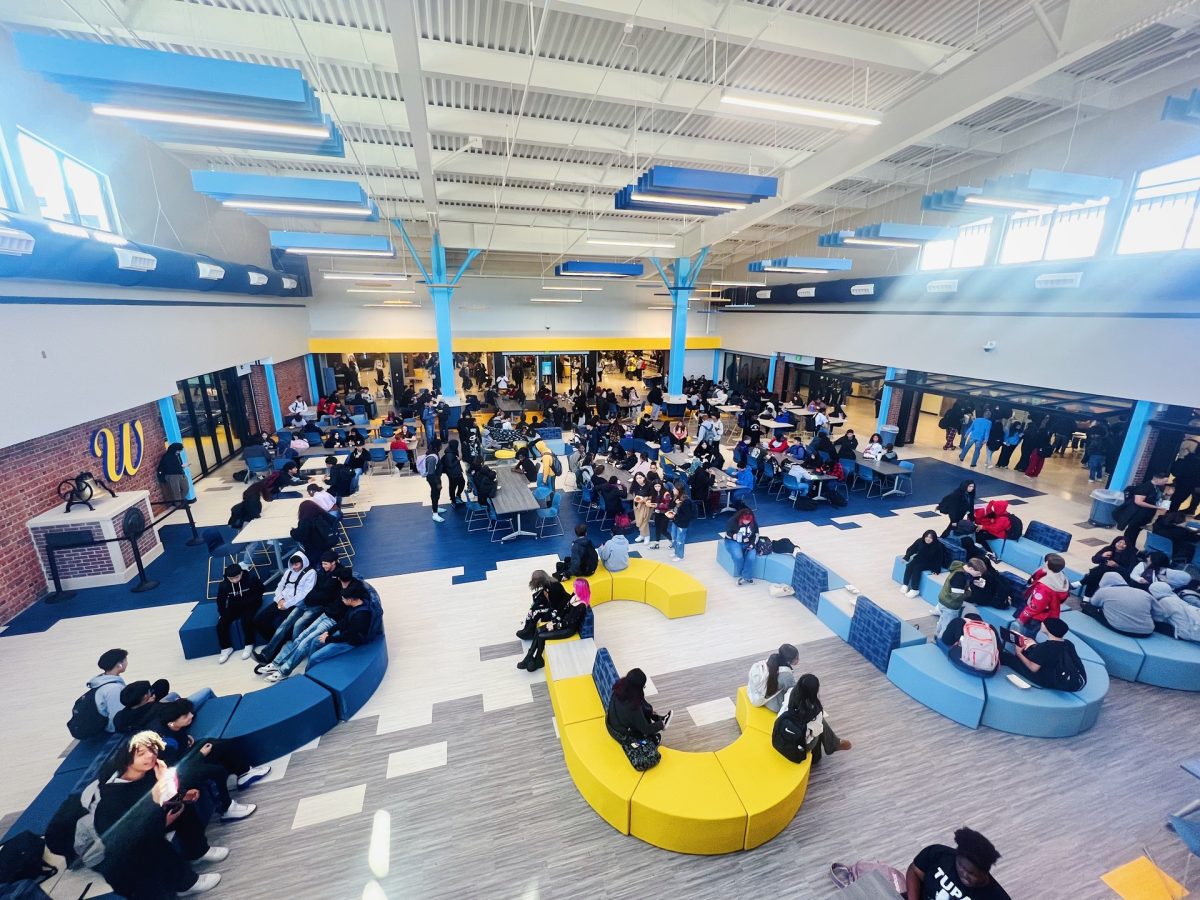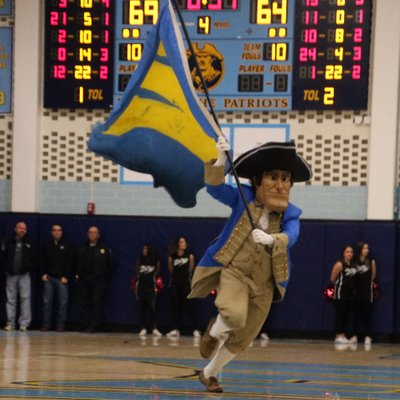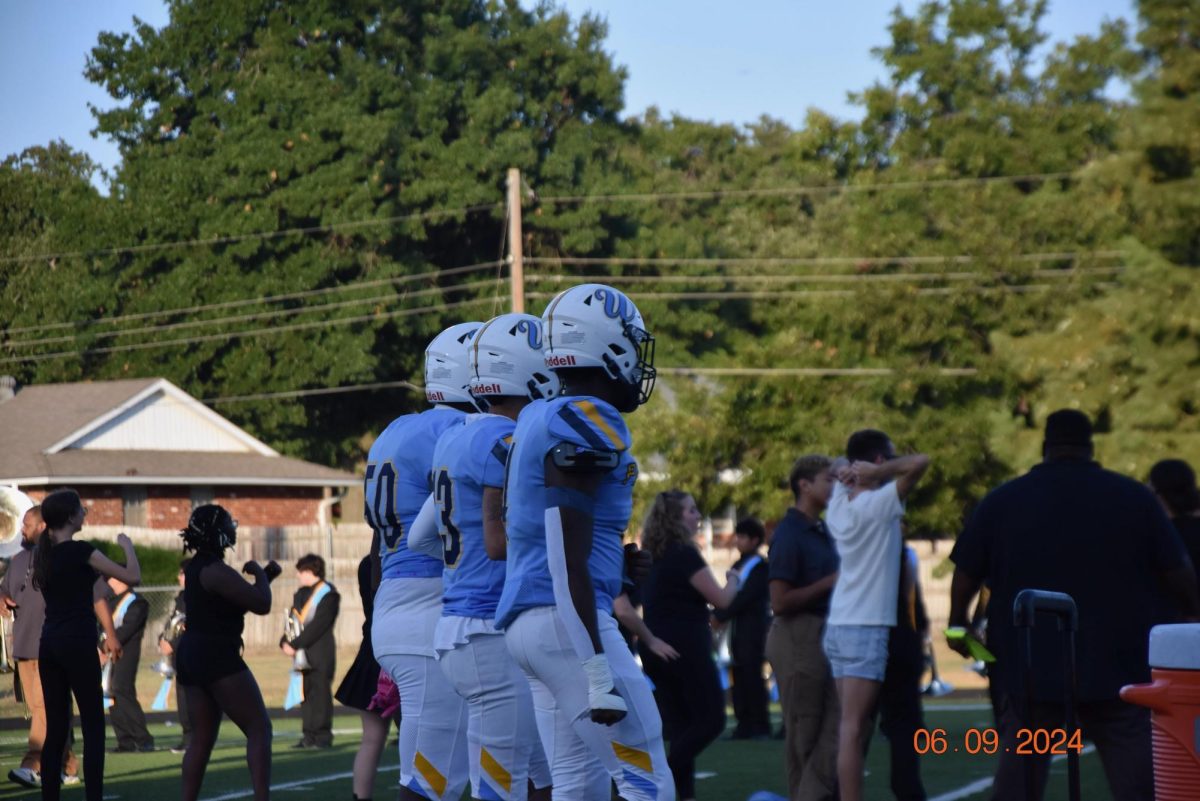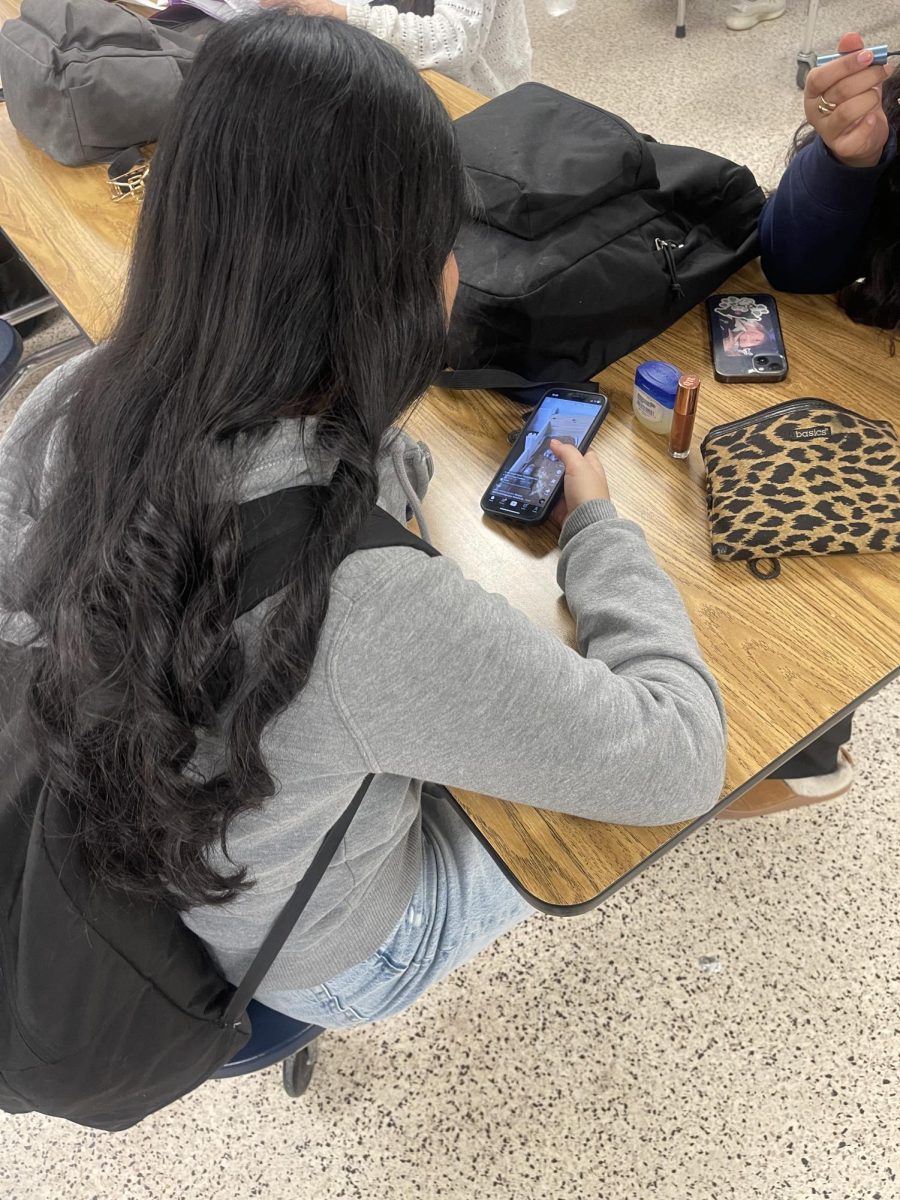As we navigate the complex issue of censorship, it’s evident that book bans pose a significant threat to our freedom of thought and intellectual exploration by limiting the accessibility to certain books. There has been a concerning increase in book challenges and bans in schools and public libraries across the country. Proponents of book bans frequently argue that certain texts are obscene or unsuitable for various age groups. However, it’s essential to recognize that book bans usually stem from parents worrying about their child asking questions about topics they aren’t ready to answer.
One of the main issues surrounding the topic of book bans is the misunderstanding of the difference between a book ban and a book challenge. When I approached Dr. Jill Slay, PC West’s librarian, to clarify these terms, she explained, “A challenge is when somebody comes and says, ‘I don’t think this book should be in the library,’ and we decide to keep it.” In contrast, she continued, “A book ban is when they come in and say, ‘We don’t think this book should be in the library,’ and we decide to remove it from the library.” This distinction is very important in understanding the ongoing debates about access to literature.
When someone wants to get a book banned from a library, they have to fill out a form explaining that they have read the book and why they think the book doesn’t belong in the library. Not everyone can ask for a book to be removed for Wests library; they have to be a stakeholder. A stakeholder can be a teacher, a parent of a student going to this school, or even an administrator. “They have to associate with the Putnam City school district in some way,” explained Dr. Slay.
When a stakeholder fills out the form, a committee will come together to review the book and determine whether it should be removed from the library. If the decision is made to remove the book, it will be taken off library shelves and will also be inaccessible to teachers for classroom use. Conversely, if the committee decides that the book should remain in the library, the individual who requested its removal can bring the issue to the school board. ‘The school board makes the ultimate decision,” Dr. Slay explained.
There are multiple reasons why individuals may seek to have a book removed from their local library, including concerns about sexual content, offensive language, LGBTQIA+ themes, violence, political viewpoints, and what some consider “anti-family” content. Dr. Slay noted, “I think that a lot of the reasons that books are being challenged and subsequently banned are due to very specific beliefs held by one, maybe two or three people.”
Banning diverse literature poses significant dangers, as it not only restricts access to varying perspectives but also sends a harmful message about the value of marginalized voices.
As Mr. Landon Davis, an English teacher here at West, aptly noted, “If we are banning books that are known for their diverse perspectives, whether that be like LGBT or African American authors, stuff like that, I feel like by banning those books, you’re sending the message that people who relate and come from the same backgrounds don’t matter or that they’re unimportant.”
Excluding certain voices can create ignorance, reducing empathy and understanding while reinforcing stereotypes and discrimination.
This censorship limits the diversity of human experiences in literature, preventing readers from seeing themselves in the stories.
By banning books, you are taking away students’ academic freedom and autonomy to read and explore complex literature. “Autonomy is just your right to make a decision for yourself. If you’re getting to choose from three books instead of ten because seven have been banned, then you’re getting to choose from a limited selection,” explained Mr. Davis. By removing books, you are removing the chance of a student finding a book they can resonate with.
During one’s teenage years, it is very important that they have access to complex themes and complex literature for many reasons. “Complex text and challenging themes really can help develop perspectives and a point of view,” stated Mr. Davis. It’s beneficial for students to be able to see themselves represented in books and also to see other perspectives represented in literature. “The best way to understand someone else’s perspective is to learn about their perspective and to get to know where they’re coming from,” stated Dr. Slay.
Book banning and censorship don’t stop in libraries where they are physically removed; it also spills over into classrooms when parents push back against educators teaching certain concepts in books. As Mr. Davis noted, “Personally, I only teach books that are approved by the district,” emphasizing how these restrictions influence their curriculum choices. He goes on to explain, “I probably use that as my fallback and just say, ‘This book is district approved.’” This could lead to some teachers having to remove certain books from their curriculum altogether to avoid pushback from parents, resulting in negatively affecting the diversity of literature and discussion in educational settings.
One of the main reasons why parents advocate for books with specific themes to be removed from schools is because they don’t want their child to be exposed to inappropriate content. Some parents also fear that their child could be swayed by the content they are reading. They fear that their child will raise questions about certain topics that the parents aren’t ready to address, especially with younger children.
Banning books is not the only option when it comes to addressing concerns about what is taught in schools. In fact, there’s a more constructive approach.
A great option is to have an open and respectful conversation with their child’s teacher about the benefits of reading books with certain themes and different perspectives. This conversation can help ease worries and create a deeper understanding of the value of diverse literature.
Parents may feel uneasy about certain books, but rather than pushing for removal, they can have a conversation with teachers to understand the reasons behind teaching certain texts. As Mr. Davis emphasized, “Instead of just saying, we’re gonna read this book, and if you disagree with it, then that’s too bad, I think it could go a long way just to explain and actually have a conversation with families.”
Ultimately, it’s vital for parents and educators to work together, fostering a collaborative environment where teachers can explain the significant lessons offered by specific books as they aim to provide a well-rounded education for all students.
In conclusion, the rising trend of book bans poses a huge threat to intellectual freedom and the exploitation of diverse voices in schools and libraries. These bans often stem from personal beliefs, rather than large groups of people, which could limit access to varied voices and perspectives. Parents are worried about exposing their child to books with inappropriate content at a young age and strive to protect their children by having those books removed from schools. Instead of pushing for removal, people should try to have a respectful conversation about the importance of diverse literature and how it can foster a more beneficial educational experience for all students.


